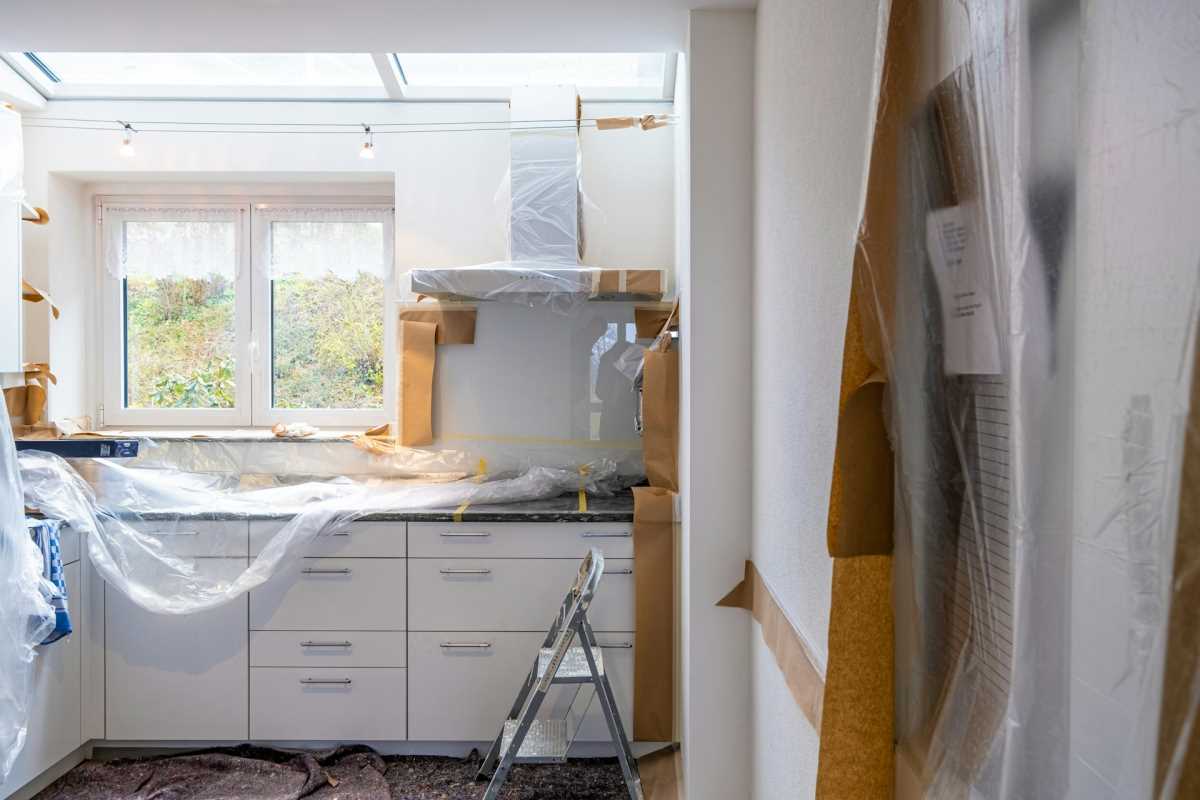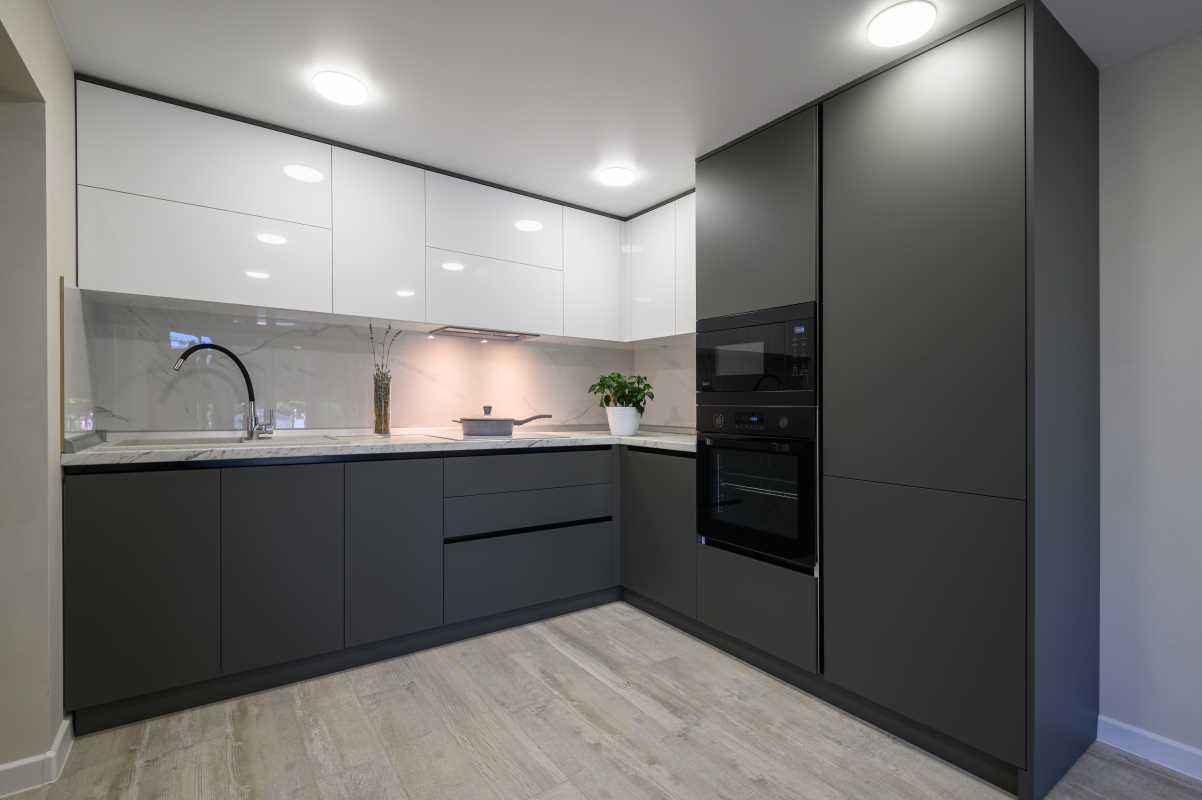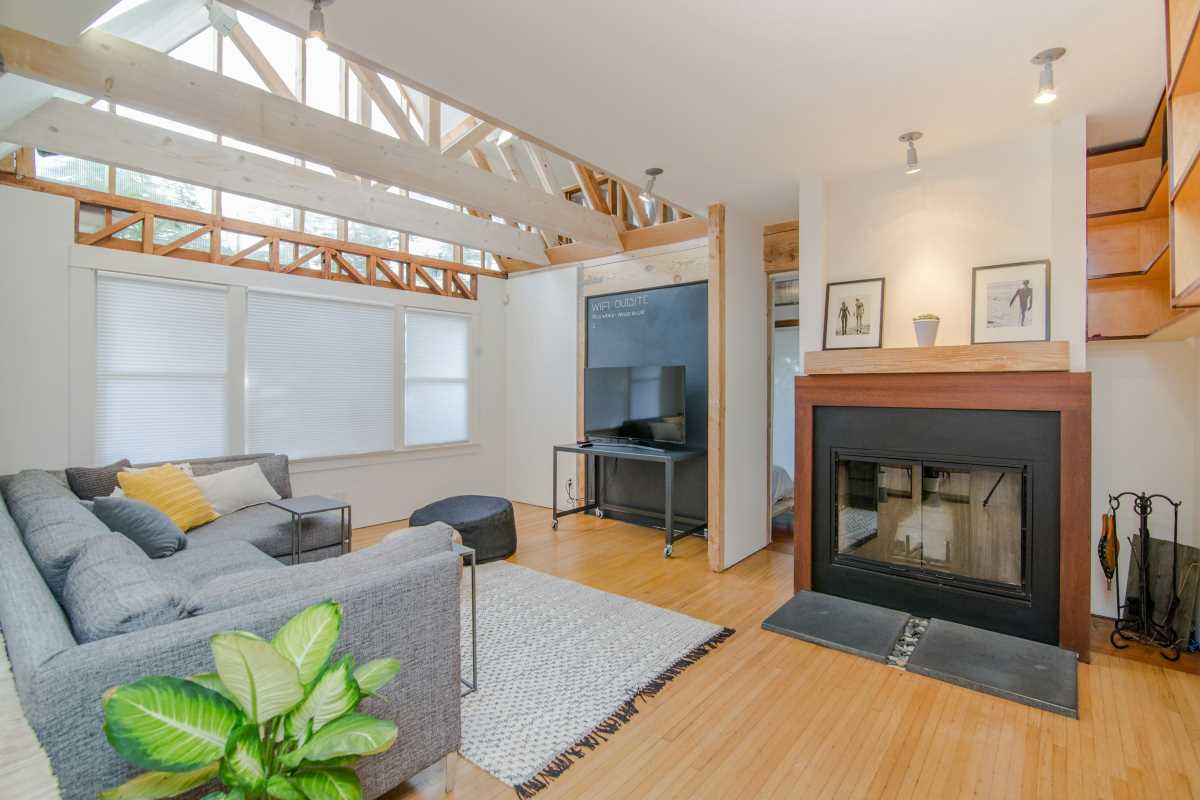Renovations can transform your home and add immense value, but when things go wrong, they can quickly turn into a stressful and costly nightmare. From blown budgets to project delays, there are plenty of pitfalls that can derail your plans. But don’t worry—with a little foresight and preparation, you can avoid these common mistakes and turn your renovation into a smooth and enjoyable experience.
To help you get started, we’ve put together a list of the ten most common renovation mistakes and tips on how to sidestep them.
1. Underestimating Your Budget
One of the biggest mistakes homeowners make is underestimating how much their renovation will cost. It’s easy to focus only on the big-ticket items, like appliances or flooring, and forget about the smaller expenses that add up quickly.
How to Avoid It
- Build a Contingency Fund: Add 10-20% to your estimated budget for unexpected expenses, like structural issues or material cost overruns.
- Get Multiple Quotes: Compare estimates from several contractors to ensure you’re getting a fair price.
- Account for Hidden Costs: Don’t forget permits, disposal fees, and temporary housing if necessary.
By planning for surprises, you’ll be better prepared to stay on track financially.
2. Not Getting Proper Permits
Skipping permits might seem like a way to save time and money, but it’s a shortcut that can backfire. Unpermitted work can lead to hefty fines, problems with future home sales, or even being forced to redo the project.
How to Avoid It
- Research Local Requirements: Check with your city or county to understand what permits are required for your renovation.
- Work with Professionals: Reputable contractors usually include permits in their services and ensure compliance with local codes.
- Don’t Cut Corners: Even if it’s just a small project, play it safe by getting the proper approvals.
3. Failing to Plan Thoroughly
Jumping into a project without a solid plan can result in delays, budget overruns, and unsatisfactory results. From choosing materials to setting deadlines, failing to iron out the details can lead to chaos.
How to Avoid It
- Create a Detailed Timeline: Map out when each phase of the project will happen and who is responsible for what.
- Select Materials Early: Choose and order materials before the renovation starts to avoid delays caused by supply chain issues.
- Collaborate with Contractors: Work closely with your contractor to finalize the scope of work and set realistic expectations.
A solid plan is your renovation’s foundation, so don’t rush through this step.
4. Overlooking Structural Issues
When you’re excited about cosmetic upgrades, it’s easy to forget about the less glamorous aspects, like your home’s structure. Ignoring these could lead to even bigger (and costlier) problems down the road.
How to Avoid It
- Inspect Before You Start: Have a professional inspect your home for potential issues, like water damage, wiring problems, or weak foundations.
- Prioritize Safety: Address structural repairs before thinking about aesthetics.
- Budget for the Unexpected: Remember, you never know what you’ll uncover once you start opening up walls.
This proactive step ensures your renovation adds value instead of creating hidden liabilities.
5. Choosing Style Over Function
It’s tempting to chase all the latest trends, but picking style over function often leads to regret. A visually stunning space isn’t much use if it doesn’t meet your day-to-day needs.
How to Avoid It
- Focus on Practicality: Consider how you use the space and prioritize features that add convenience and functionality.
- Think Long-Term: Make style choices that will age well instead of following fads that may feel outdated in just a few years.
- Consult with Experts: Interior designers or contractors can help you find the right blend of aesthetics and practicality.
A beautiful, functional space is the ultimate win.
6. Hiring the Wrong Contractor
The contractor you hire can make or break your renovation experience. Cutting corners with inexperienced or unqualified contractors often leads to shoddy workmanship and frustration.
How to Avoid It
- Do Your Research: Look for licensed and insured contractors with glowing reviews or references.
- Check Portfolios: Review past projects to ensure their style matches your vision.
- Communicate Clearly: Establish timelines, payment terms, and project expectations upfront to avoid misunderstandings.
Taking your time to find the right professional will pay off in both quality and peace of mind.
7. Changing Plans Mid-Project
While it’s normal to tweak details during a renovation, major changes mid-project can derail your timeline and inflate your budget.
How to Avoid It
- Plan Before You Start: Finalize every detail, from layouts to paint colors, before work begins.
- Stick to Your Decisions: Resist the temptation to make big changes unless absolutely necessary.
- Communicate Early: If adjustments are unavoidable, inform your contractor immediately to minimize delays.
Consistency saves time, money, and headaches.
8. Ignoring Lighting
Lighting is often an afterthought during renovations, but it plays an essential role in creating ambiance and functionality. Poorly lit spaces can ruin even the best designs.
How to Avoid It
- Layer Your Lighting: Incorporate ambient, task, and accent lighting for depth and versatility.
- Prioritize Natural Light: Maximize windows and use reflective surfaces to brighten the space.
- Choose Energy Efficiency: Opt for LED bulbs and energy-efficient fixtures to save on utility bills.
A well-lit room feels welcoming, stylish, and functional.
9. Forgetting About Storage
A beautiful room loses its charm when it becomes cluttered. Many homeowners overlook storage solutions, leading to messy spaces that don’t serve their needs.
How to Avoid It
- Plan Storage Solutions: Include built-ins, cabinets, or smart storage furniture in your design.
- Think Vertical: Use wall-mounted shelves or overhead racks to maximize space.
- Customize Closets: Tailored storage provides organization while making the most of available space.
Good storage makes organization effortless and enhances your everyday routine.
10. Skipping Professional Advice
Attempting a full-scale renovation without consulting professionals can lead to mistakes that are costly to fix. Even avid DIYers can benefit from expert input for complex projects.
How to Avoid It
- Hire Specialists: Architects, designers, and contractors bring valuable expertise to the table.
- Don’t Skip Inspections: Pros can catch issues you might miss, from structural risks to code violations.
- Invest in Quality: Spending a little more now saves money and stress later on.
Expert guidance ensures your renovation is safe, functional, and up to code.
Renovating your home is an exciting but complex process. While mistakes can happen, being aware of these common pitfalls will help you avoid unnecessary stress and keep your project on track. Plan ahead, hire the right professionals, and focus on quality and functionality from start to finish.
 (Image via
(Image via





